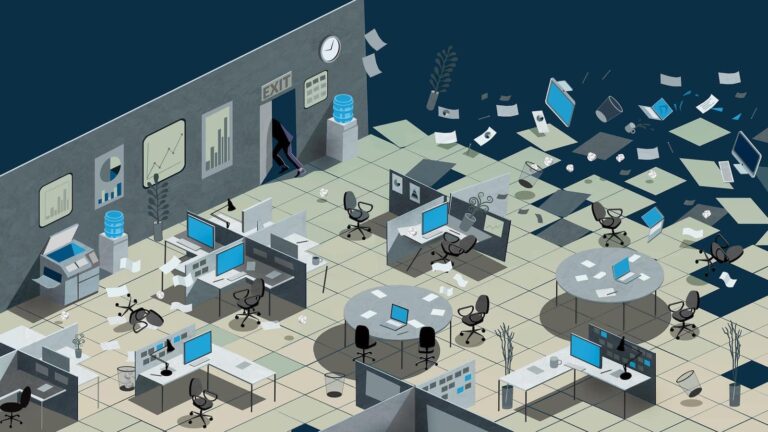Entrepreneurship: Nobody Knows You When You’re Down and Out
Having run my own businesses for around a decade — with mixed results — I can safely say that I am no more used to the highs and lows than the day I started.
Highs are great. Launches, money, glory. But the lulls are vexing, and the lows, are the worst.
I often think of Eric Clapton’s lyrics:
When you get back on your feet again,
Eric Clapton, “Nobody Knows You When You’re Down and Out” (YouTube Music)
Everybody wants to be your long-lost friend.
I said it’s strange, without any doubt,
Nobody knows you when you’re down and out…
Of course, it’s not exactly true. People do still know me, and commiserate, and help. But nobody really knows what it’s like.
The Highs and Lows of Entrepreneurship
Everyone talks about the highs of entrepreneurship. Or, at least, the creamy middles.
Highs of entrepreneurship include:
- Launch day, or launching new products. I love this phase. Everything is possible because nothing has happened yet! The sky is the limit.
- First revenue day. I can remember the first sale I ever got on Indiegogo (my partner and I celebrated with fresh coconuts.) I still remember it! For our most recent business, to the day: Jan 6, 2020.
- Revenue peaks. I even have a record book of these.
- Business increases from market changes.
- Huge rushes as revenue spikes by 50%.
- Raising money!
- Selling (presumably, haven’t been there, as I keep things)
But the lows of entrepreneurship are things like:
- Revenue crashes due to external environments, most notably Google algorithm changes
- Operational mistakes / errors. Server crashes and the like.
- Competitors stealing market share.
- The market changing — e.g. away from your type of product.
- Strategic mistakes (like the time I decided to migrate from a .net to a .com domain)
The creamy middles are when everything is going fine. There’s nothing to talk about. And nothing to complain about, either. But sometimes, it can take forever.
But my point is, nobody talks about the lows. It’s like the LinkedIn vanity fair, which I don’t miss, by the way (here’s why I deleted my LinkedIn profile).
On LinkedIn, people only announce good news, or “learnings”. But you don’t see people talking about what it’s like being passed over for a promotion, getting “managed out”, or just being unemployed for a while.
Managing the Highs and Lows of Entrepreneurship.
So, how do I manage this? It’s hard. That’s part of the reason I’m putting down this article.
Primarily, I try to think of my trajectory as a winding path. It’s another chapter in a work-in-progress story called “All the times I failed before I finally made it.”
But even though I tell myself that story — and other related ones, like the fact that the stock market will come back up again, it’s hard to live through!
Secondly, I try to think of crises as opportunities. In a regular work environment, when there’s a crisis, you resolve it. If someone quits, you hire someone else. If revenue goes down, you look for other income streams. And so on. This is a regular approach. It’s just that it’s emotionally taxing.
Thirdly, I try to have some perspective. Usually, my crises are nowhere as bad as what other people face.
For example, when war breaks out, many businesses’ revenue drops. That’s fine; but other people’s houses are being bombed, so I can be grateful mine is not. Similarly, when interest rates go up, purchasing goes down. But that’s fine because I won’t lose my house. And so on.
As long as I can fight to live another day, I’m OK. And I have ample reserves, and a lot of fight left in me.
And finally, as time goes on, lows start to feel less like lows, and more like turning points — every cloud has a silver lining.
What You Should Do
If you’re not an entrepreneur, but you know people who are, here’s what I’d suggest you do.
Firstly, help them celebrate their successes. If they’re proud of something, whatever it is, talk about it and help them feel good about it!
Secondly, stay in touch even when things aren’t going well, and talk about things other than the business.
Finally, recognise that people are about much more than whatever business they’re working on. Make an effort to connect with people about other things that may be important to them, and they’ll know that you’ll be there for them, regardless.







